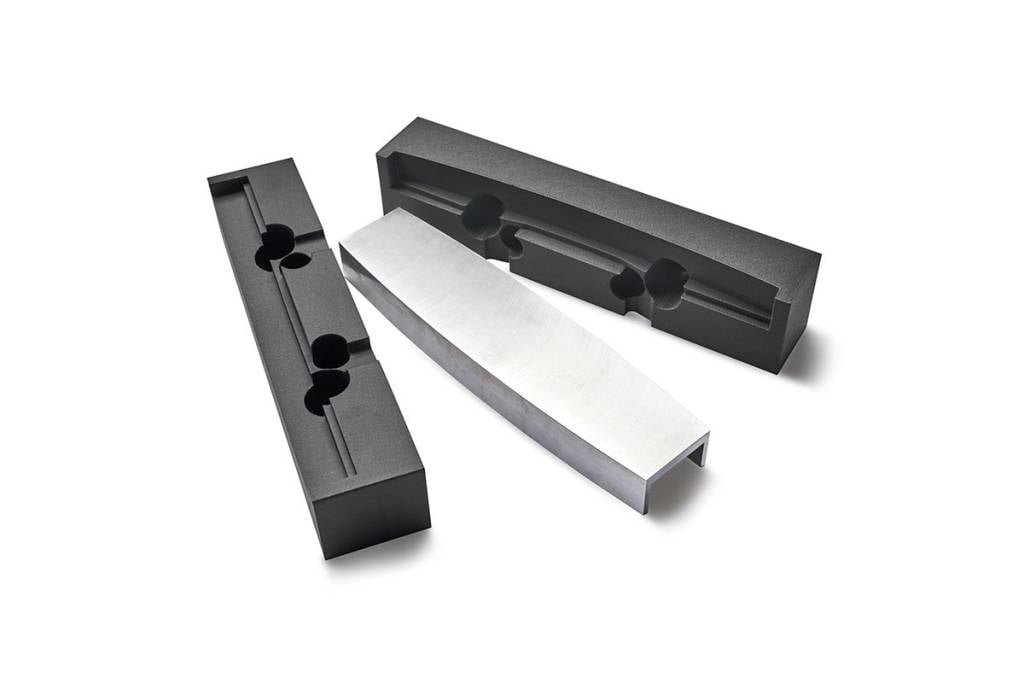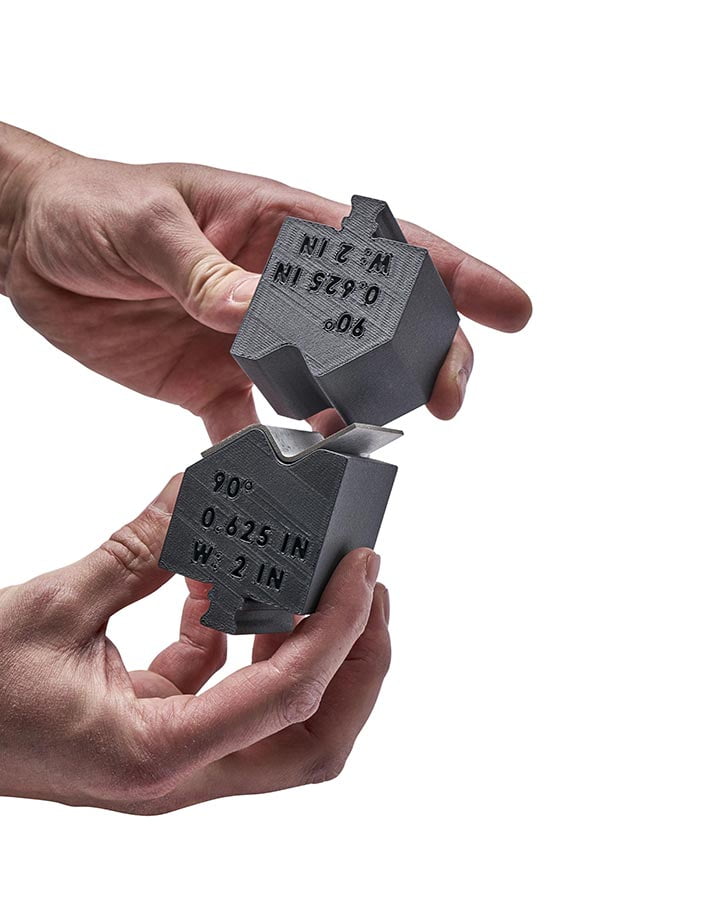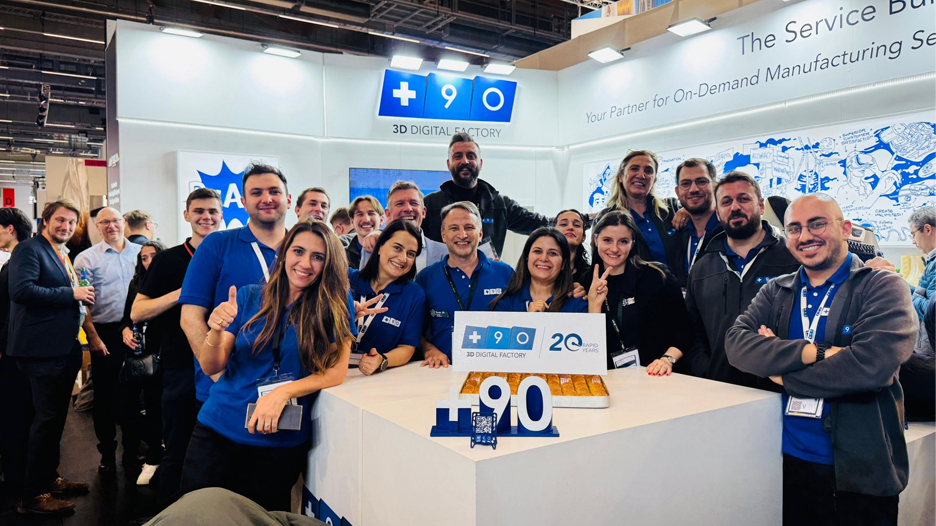
Hydroforming is the method of forming sheet metal parts, which is widely used for low volume part production in the aerospace and automotive industries. It is a method used for the production of new parts in the defense, aerospace and automotive industries, such as aircraft fuselage, engine components, suspension components, radiators, instrument panel support beams, to replace damaged parts on land or aircraft.
Sheet forming process takes place by taking aluminum, brass, carbon alloy steel or stainless steel sheet metals into the shape of the hydroforming mold with the help of high pressure.
Hydroforming molds are produced with CNC using traditional production methods. However, due to long delivery times and high costs for businesses, alternative mold production methods have been started to be researched.
As a solution, the production of sheet metal forming molds with FDM technology has taken its place in the industry over time and has yielded successful results. FDM is an alternative method that alleviates these challenges and helps companies move from vehicle design to production in as little as a week.


Internship Application
General Application
| Agilus30 | Agilus30 Color | DraftGrey | Elastico |
| RGD720 | Rigur RGD450 | Tango | Vero |
| VeroClear | VeroFlex Vivid | VeroUltra Clear |
Genel Başvuru
Staj Başvurusu